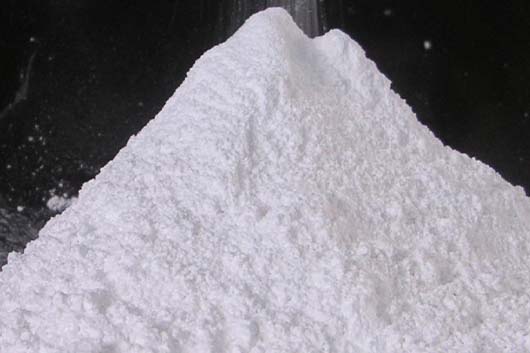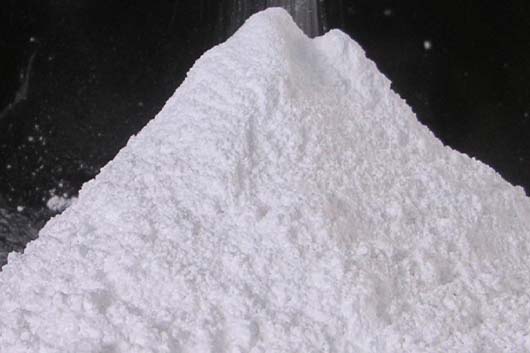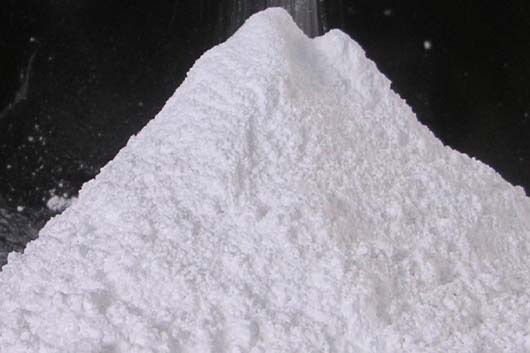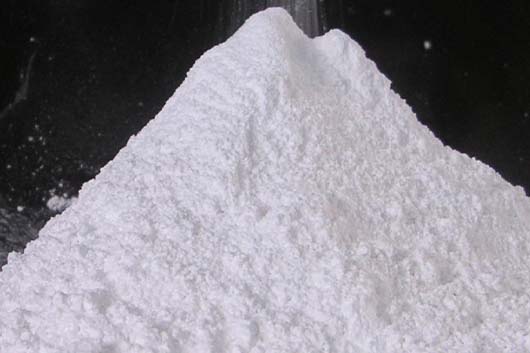- Discover The Magic Within Shining Minerals
- +91-9414167212
- anenterprises@gmail.com

What is another common names for talc?
December 29, 2023
Where do you get talcum powder from?
December 29, 2023Talc is a naturally occurring mineral that is widely used in various industries, including cosmetics, personal care products, pharmaceuticals, and ceramics. It is known for its softness, lubricating properties, and ability to absorb moisture. While talc is primarily composed of magnesium, silicon, and oxygen, there are several different types of talc that vary in their chemical composition and properties. In this blog, we will explore the various types of talc and their unique characteristics.
Industrial Talc
Industrial talc is the most common type of talc and is widely used in industries such as plastics, rubber, ceramics, and paints. It has a high magnesium content and is typically coarser in texture compared to other types of talc. Industrial Talcum Powder in India is valued for its ability to enhance the properties of various materials, such as improving the stiffness and impact resistance of plastics or providing a smooth finish to paints and coatings.
Cosmetic-Grade Talc
Cosmetic-grade talc, also known as cosmetic talc or cosmetic-grade magnesium silicate, is specifically processed and purified for use in personal care products. It undergoes strict quality control measures to ensure its purity and safety. Cosmetic-grade talc is finely ground and possesses excellent absorbent properties, making it an ideal ingredient in products such as baby powders, face powders, and body powders. It provides a soft and silky texture, absorbs excess moisture, and helps to prevent chafing and irritation.
Pharmaceutical-Grade Talc
Pharmaceutical-grade talc is highly purified and meets the strict requirements of pharmaceutical regulations. It is used in the pharmaceutical industry for various applications, including as an excipient in tablets and capsules. Talc’s lubricating properties allow for easier tablet formation and help prevent sticking during the manufacturing process. Additionally, pharmaceutical-grade talc is also used in topical formulations, such as ointments and creams, where it acts as a lubricant and provides a smooth texture.
Food-Grade Talc
Food-grade talc is extensively used in the food industry, primarily as an anti-caking agent. It is added to powdered foods, such as spices, baking mixes, and instant soups, to prevent clumping and ensure free-flowing properties. Food-grade talc is carefully processed and tested to ensure its safety and compliance with food regulations. It is non-toxic and does not react with food ingredients.
Ceramic-Grade Talc
Ceramic-grade talc is specifically processed to meet the requirements of the ceramics industry. It is used as a filler material in the production of ceramics, such as tiles, sanitaryware, and dinnerware. Ceramic-grade talc enhances the properties of ceramic products, including improving their strength, thermal resistance, and firing behavior. It also contributes to the smoothness and whiteness of the finished ceramics.
All Types of Grades Available at A.N. Enterprises
We offer a comprehensive range of talc grades to meet the diverse needs of industries. Whether you require industrial-grade talc for plastics and paints, cosmetic-grade talc for personal care products, pharmaceutical-grade talc for medications, food-grade talc for powdered foods, or ceramic-grade talc for ceramics production, A.N. Enterprises have you covered. Our talc is carefully processed and meets stringent quality standards to ensure safety, purity, and optimal performance.
Conclusion
Talc is a versatile mineral with various types that cater to different industries and applications. From industrial-grade talc used in plastics and paints to cosmetic-grade talc found in personal care products, each type possesses distinct properties and undergoes specific processing to meet industry requirements. Understanding the different types of talc is essential for manufacturers, regulators, and consumers alike, as it allows for informed decisions regarding product formulation, safety, and performance. Regardless of the type, talc continues to be an invaluable ingredient in numerous industries, providing unique benefits and enhancing the properties of various materials.




